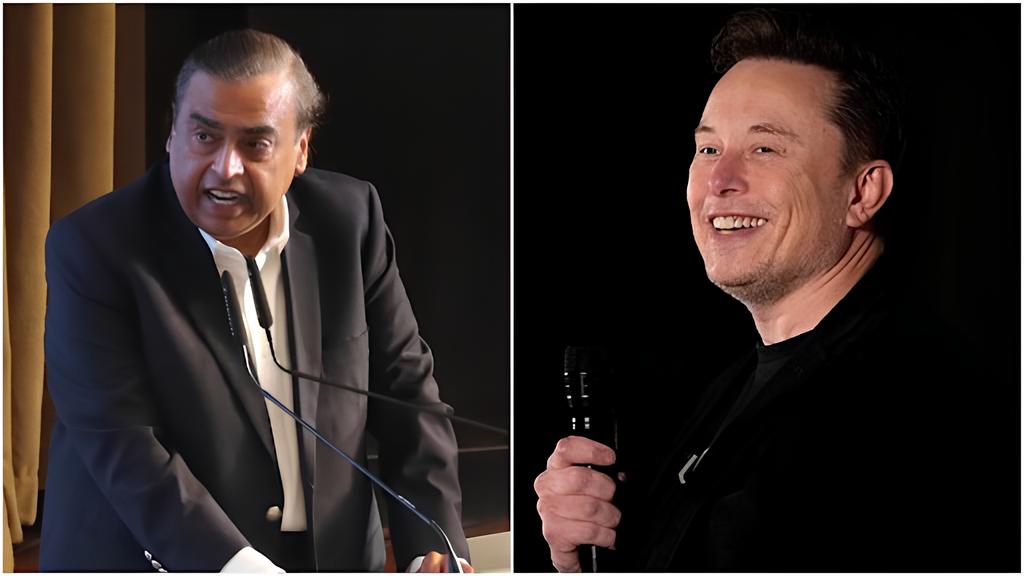How auction differs from administrative allocation of spectrum?
- BySharath
- 24 Dec, 2024
- 0 Comments
- 3

Billionaire Elon Musk recently praised the Indian government's decision to consider administrative allocation for satellite spectrum instead of the auction route. His comments followed Union Minister Jyotiraditya Scindia's statement that an auction would differ from global practices. This came after Musk criticized Mukesh Ambani's proposal for an auction.
Scindia, who leads the telecom ministry, emphasized that auctioning satellite spectrum would go against global norms, with Musk expressing support for this approach. Musk's company, Starlink, advocates for direct licensing and shared access to satellite spectrum, considering it a natural resource. In contrast, Reliance, led by Ambani, argues for an auction to promote fair competition.
India has chosen administrative allocation for satellite communications, rejecting the auction method supported by Ambani and Sunil Bharti Mittal. This decision highlights the growing competition in India's satellite service market, which is expected to grow at 36% annually and reach $1.9 billion by 2030.
Satellite spectrum refers to radio frequencies used for satellite communications and is globally regulated by the International Telecommunication Union (ITU). As a signatory to the ITU treaty, India must adhere to its guidelines when allocating spectrum.
Spectrum allocation can be done via auctions or administrative assignments, each with distinct benefits. Auctions involve a competitive bidding process where the highest bidder wins the spectrum license. Auctions ensure transparency and efficiency, especially in competitive commercial markets, and generate significant government revenue.
On the other hand, administrative allocation involves the government directly assigning spectrum licenses without bidding. This method is flexible, involves lower fees, and is suitable for emerging industries like satellite communications, where market-driven competition may not be as relevant.
India’s shift from auctions to administrative allocation has sparked debate, especially following the controversial 2G spectrum scam. The Supreme Court mandated auctions in 2012 due to this scandal, but the Telecommunications Act 2023 allows for a non-auction method for satellite spectrum.
Post a comment
No discounts, no problem! How Rare Rabbit built a ₹650...
- 09 Mar, 2025
- 4
“Have you had your whiskey?” says Aman Gupta to Woodsmen's...
- 23 Mar, 2025
- 2
What is omnichannel marketing?
- 02 May, 2025
- 2
SEBI Doubles FPI Disclosure Limit to ₹50,000 Cr
- 24 Mar, 2025
- 3
Want to Retire Early? You Need 'FIRE'!
- 17 Dec, 2024
- 3
Categories
Recent News
Daily Newsletter
Get all the top stories from Blogs to keep track.

















